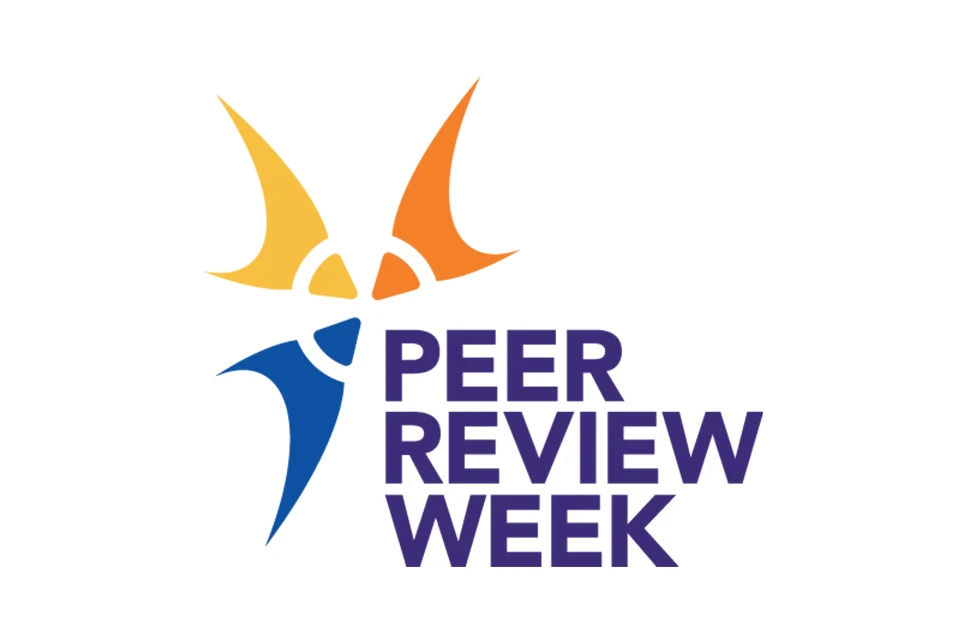
In this special KGL Summer School post, we spotlight five classic classroom confusions that often make their way into textbooks, worksheets, and teaching examples.

The role of the editor-in-chief is undergoing a profound transformation. For societies and publishers, selecting the right EIC is a critical step that can shape the trajectory of the journal and determine its future influence.

Writing effective exam questions is a nuanced process, particularly when it comes to assessing critical thinking.

Across academic publishing there is a growing consensus that paper mills—illegal, profit-driven organizations that produce and sell fraudulent manuscripts—have become the most serious threat to research integrity and the credibility of the industry.

In today’s classroom, assessments must meet a variety of requirements, including grade-appropriate readability, lack of bias, coverage of state or national standards, and targets for depth of knowledge (DOK) and Bloom’s taxonomy.

Remaining competitive in today’s complicated scholarly journal landscape has never been more challenging for publishers. Confronted with rapidly evolving business models, funding constraints, growing competition and stretched resources, sustaining and growing revenue can seem like a daunting task and uphill struggle at times.

Last month, customers, friends, and guest speakers from across the globe convened once again for our annual KGL PubFactory Virtual Series. During the course of the three-day event, a packed and topical agenda enabled the scholarly publishing community to share valuable insights, learnings, developments, advice and trends with their peers.

For Peer Review Week, KGL recently interviewed five scholarly journal editors and publishing professionals on the state of peer review in 2023.

For Peer Review Week, KGL recently interviewed five scholarly journal editors and publishing professionals on the state of peer review in 2023.

